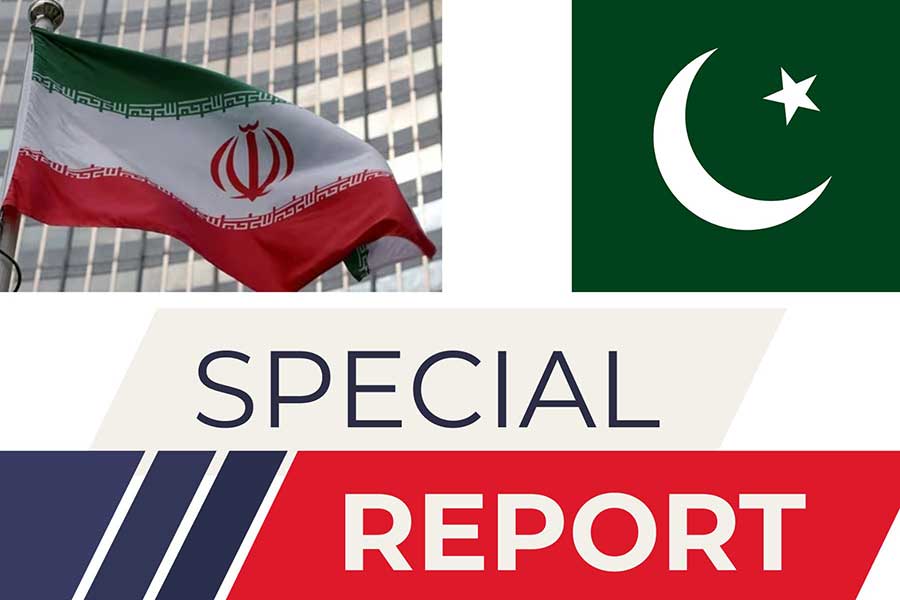In a recent development, Iran launched airstrikes on what it claims were bases of the Sunni militant group Jaish al-Adl in Pakistani territory.
The move has raised concerns about regional instability, particularly in the context of the ongoing Israel-Gaza war.
Iran Airstrikes were Unprovoked – Pakistan Protests
However, Pakistan has strongly protested against the airstrikes, asserting that the attacks were unprovoked and resulted in the tragic deaths of two children.
Pakistan’s foreign ministry condemned the “illegal” airstrike and summoned Tehran’s senior diplomat in Islamabad to register a formal protest against the violation of its airspace.
While there is no official confirmation, reports from Pakistani social media suggest that the missile and drone strikes targeted the Balochistan province along the 1,000km border between the two countries.
Although initial reports from Iran mentioned the strikes were directed at Jaish al-Adl bases, references to the attack disappeared from Iranian media later on.
The region has a history of tension between Iran and Pakistan, primarily due to the activities of Balochi separatists and other militant groups in the border area. Striking on the territory of its nuclear-armed neighbor marks a significant escalation in this already strained relationship.
Notably, these airstrikes in Pakistan occurred shortly after Iranian missile strikes in Syria and Iraq. These strikes were part of a series of reprisals against Tehran’s enemies following a double suicide bombing in the city of Kerman on January 3, claiming the lives of over 80 Iranians.
Islamic State (IS) claimed responsibility for the Kerman attack. While it is unclear whether Tehran believes Jaish al-Adl was involved, these actions might be seen as a response to domestic calls for vengeance.
It’s important to highlight that these Iranian reprisal attacks, while not directly linked to the Gaza war, come at a time when the conflict is already contributing to regional instability.
The situation remains complex, with multiple factors influencing the dynamics of the broader Middle East region.

